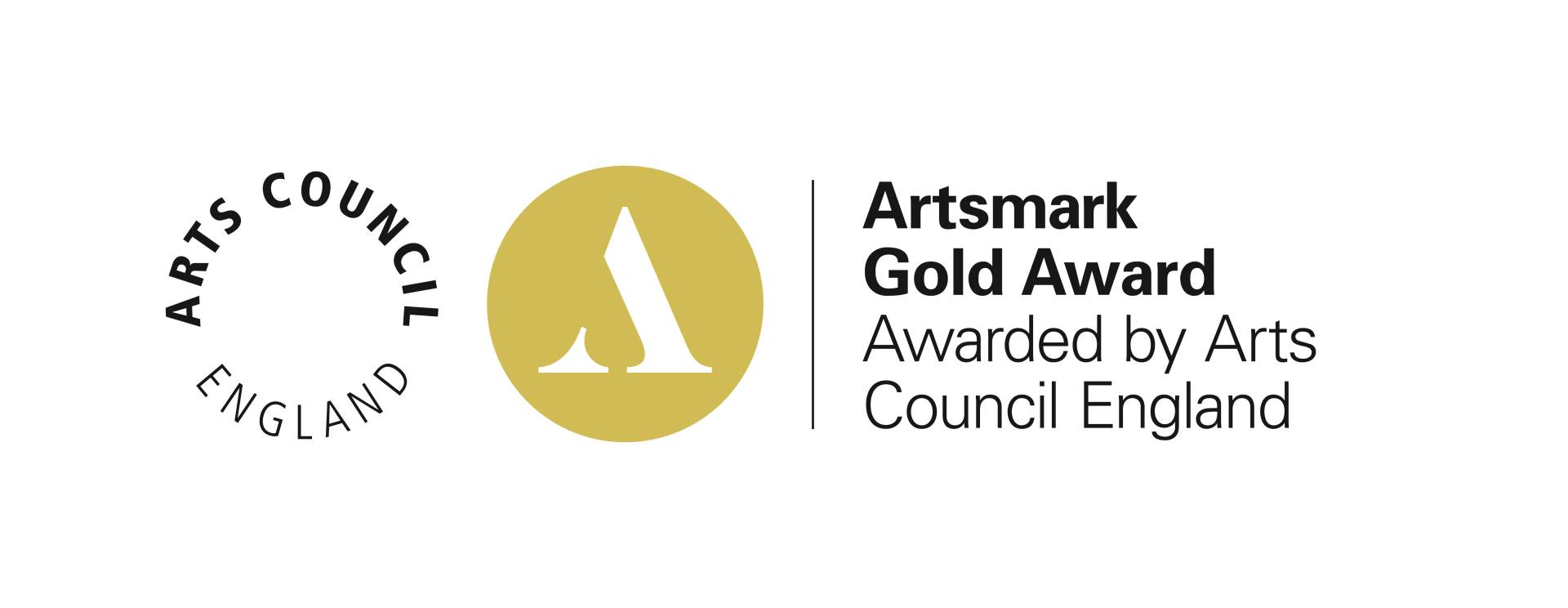Don’t Panic: Teaching how to fail positively
Failure is an essential part of learning, not the end of it. By celebrating failure as a good thing and encouraging pupils and students to learn from mistakes and try again, we help them to develop persistence and the right attitude to be a good learner. Not learning to tolerate failure leaves children and young people vulnerable to anxiety. It leads to meltdowns when the inevitable failure does occur, whether it happens in Nursery or university. And perhaps even more important, it can make children give up trying—or trying new things.
Our teachers understand that it is important to step back and let pupils do things. If they don’t succeed, the teachers help them interpret their experiences positively by:
- Showing empathy – they don’t say “It’s okay, you’ll do better next time”, they say, “I see you’re really disappointed, I know you really wanted to do better.”
- Drawing attention to the progress they are making.
- Encouraging pupils to accept the failure and develop their problem-solving skills to come up with a different idea or solution.
- Modelling how to handle their own disappointment and sharing stories about failures they have experienced and how they dealt with it. Children are not necessarily exposed to the reality that life includes mistakes, missteps and failures. It is beneficial to teach that not everything always goes to plan, and it’s okay when it doesn’t.
How to handle failure like a scientist
Pupils learn much valuable information in science lessons, but learning how to apply scientific methodology to other parts of their life can be hugely rewarding. When scientists fail to achieve the results they want from their experiments, they often say: “Hmm, interesting. Why isn’t this working the way we expect?” Scientists don’t say, “The experiment didn’t work because we are stupid.”
Instead of blaming themselves and taking failure personally, scientists welcome failure with curiosity and decide “let’s change the parameters of the experiment and see how it goes”. They view setbacks not as lack of their worth, but as an integral part of their experiments. In developing their scientific investigation skills, pupils are taught to change one parameter and rerun the experiment. Scientists never change everything all at once, which enables them to isolate the exact cause that led to failure.
Science lessons help pupils and students to understand that real progress comes from careful investigation of your failures. Once they understand what’s causing something to go wrong, it becomes easier to fix it. In the words of Henry Ford: “The only true failure is the one from which we learn nothing.”
Inservi Deo et laetare














